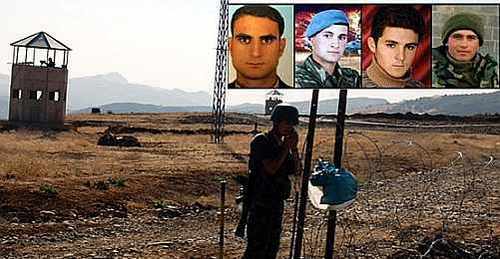Journalist Released But The Trial Continues
Zeybek was arrested together with 10 others in February 1997 during a demonstration protesting alleged links between the Mafia and the government.
She is accused under Article 168 of the Penal Code of membership of"an illegal organization" , the Marxist-Leninist Communist Party, which is considered by the authorities to be supporting armed organizations working for Kurdish independence. The indictment specifically accused her of running and distributing the monthly publication, Isçinin Yolum (The Workers Path), of which she was the editor-in-chief.
Most of those arrested were eventually released during the same year except for Zeybek and trade union activist, Suleyman Yeter. Yeter was allegedly tortured and died while still in police custody. During a trial hearing on October 8, 1997 Zeybek claimed to have been raped while under interrogation.
Her complaint against eight policemen was accepted after a report from the Psycho-Social Traumatology Center in Istanbul confirmed the attack. As a result an investigation was initiated, but despite the fact that the Medical Faculty of Istanbul University presented evidence of the trauma that Zeybek had suffered, in October 1999, the rape charges were dropped after the investigation found "no proof of guilt."
In December 2000, Zeybek was among hundreds of inmates protesting against the transfer from her prison in Gebze, to new style detention centers where there were concerns that prisoners were more likely to be abused. Zeybek was reportedly hit by bullets in her back and leg during a police raid on her prison in December 2000. She suffered temporary paralysis and reportedly has not fully recovered from her injuries.
International rights and journalist organisations have continuously monitored Zeybek's case since her arrest. Elizabeth Zila Olin of Swedish PEN who attended the hearing this week applauded Zeybek's release but said justice was yet to come.
''Asiye has spent more than five years of her life in prison but the court is yet to arrive at a final conclusion! And those guilty of rape are yet to be brought before the court. Her trial has been more of a farce than a fair trial," said Olin
Zeybek's lawyer Ercan Kanar has slammed the continuation of charges against his client saying they were "retarded" went "far beyond any limit of judicial decency" and "are in clear violation of Article 6 of the European Convention". Kanar says Zeybek's case will be taken to the European Court of Human Rights.
"Asiye Güzel Zeybek has never had the chance to identify her aggressors. (She) has repeatedly, for four years, demanded to confront them, but has so far been denied this. This is a crime against article 61/3 of the Turkish Penal Code, that establishes the right for an accuser to confront his/her aggressors. Since domestic channels for seeking justice for Asiye has been consummated, we will now carry the case before European Human Rights Court," said Kanar.
While in prison Zeybek published a book titled; "A Story of Rape Under Torture". Publisher, Mukaddes Çelik, says the book has been published in six editions since 1999 and has sold over 10 000 copies.
She says Zeybek's outspoken stance and courage in publicising the aggression she faced while in custody resulted in the setting up of an association called "Initiative Against Sexual Harassment and Rape" which brings together victims of rape and sexual harassment.
In 2000 the women's initiative succeeded in convening a conference against rape in Istanbul which used testimonies by rape survivors to highlight the ugly truth that Zeybek is not the only victim of rape and torture in custody. According to findings of a "legal assistance" project between 1997 and 2000 in Istanbul alone only there were 132 reported cases of rape while in police custody.
The conference also revealed that between 1995-1999 a total of 577 officials were prosecuted on charges of torture but of these only 10 have been sentenced.
In 2000 the Swedish PEN awarded Zeybek the "Tucholsky Award 2000" which was inaugurated in 1984 in memory of German writer Kurt Tucholsky. Previous awards have gone to such dissidents in exile, under prosecution or threat as Adam Zagajevski, Nuruddin Farah, Salman Rushdie, Taslima Nasrin, Shirali Nurmaradov, Mirko Kovac, Svetlana Alexievich, Faraj Sakoohi, Vincent Magombe, Flora Brovina and Salim Barakat. (ENDS/IPS/MM/HD/NM/SM/02)
BY NADİRE MATER
We* Couldn’t Hold Our Journalism Workshop, LGBTI Events Banned; Voice and Silence
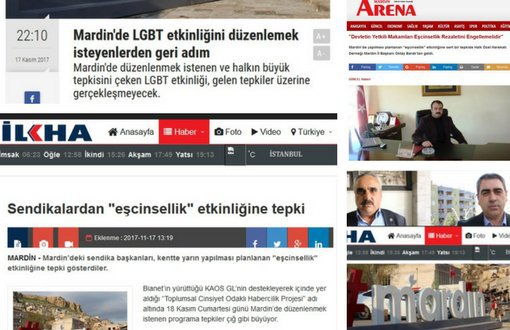
NADİRE MATER'S IMPRESSIONS
İstiklal Street 1 Day After Bomb Attack
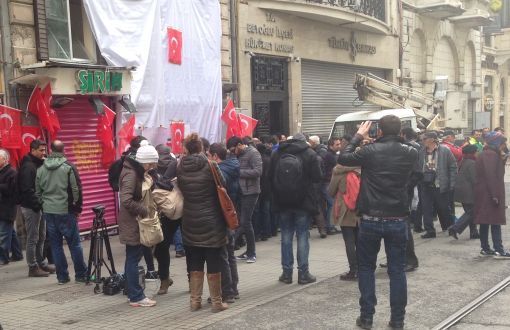
We Are Thankful
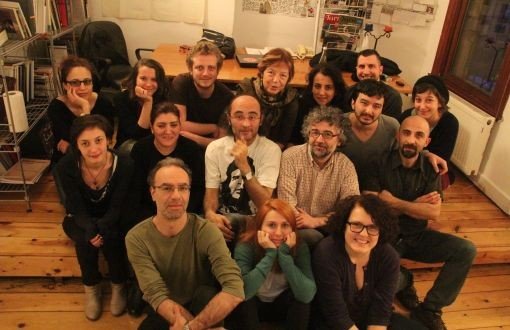
EDUCATION
The Language Wound - Bilingualism with Kurdish
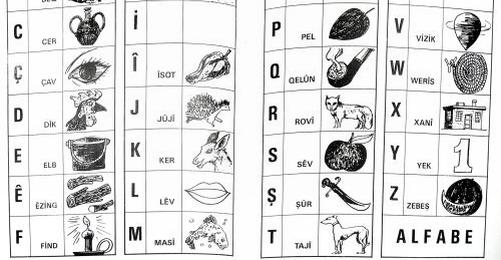
Nadire Mater Writes
The Grenade Pin that Killed İbrahim, İbrahim, Ali Osman and Mesut
